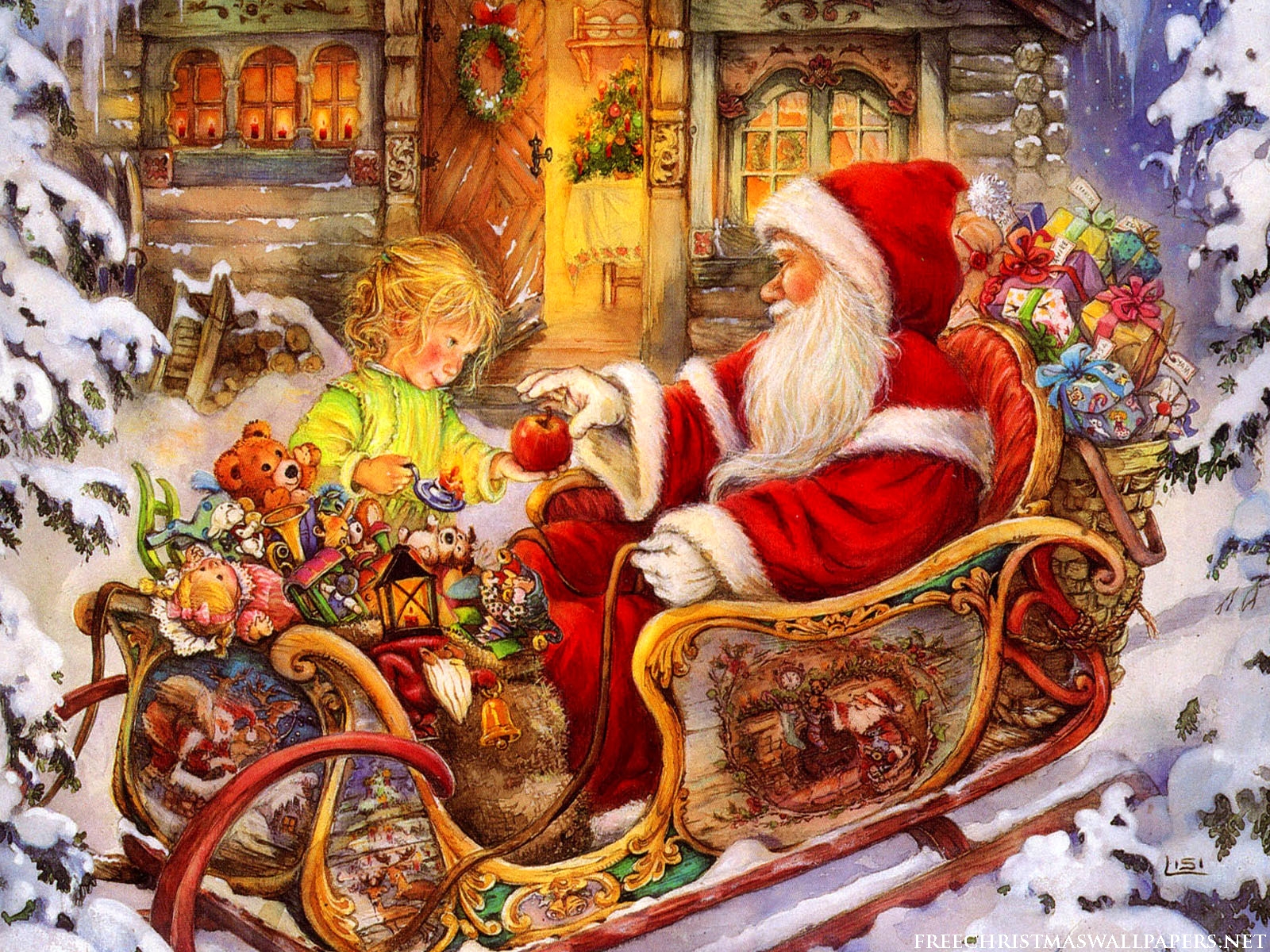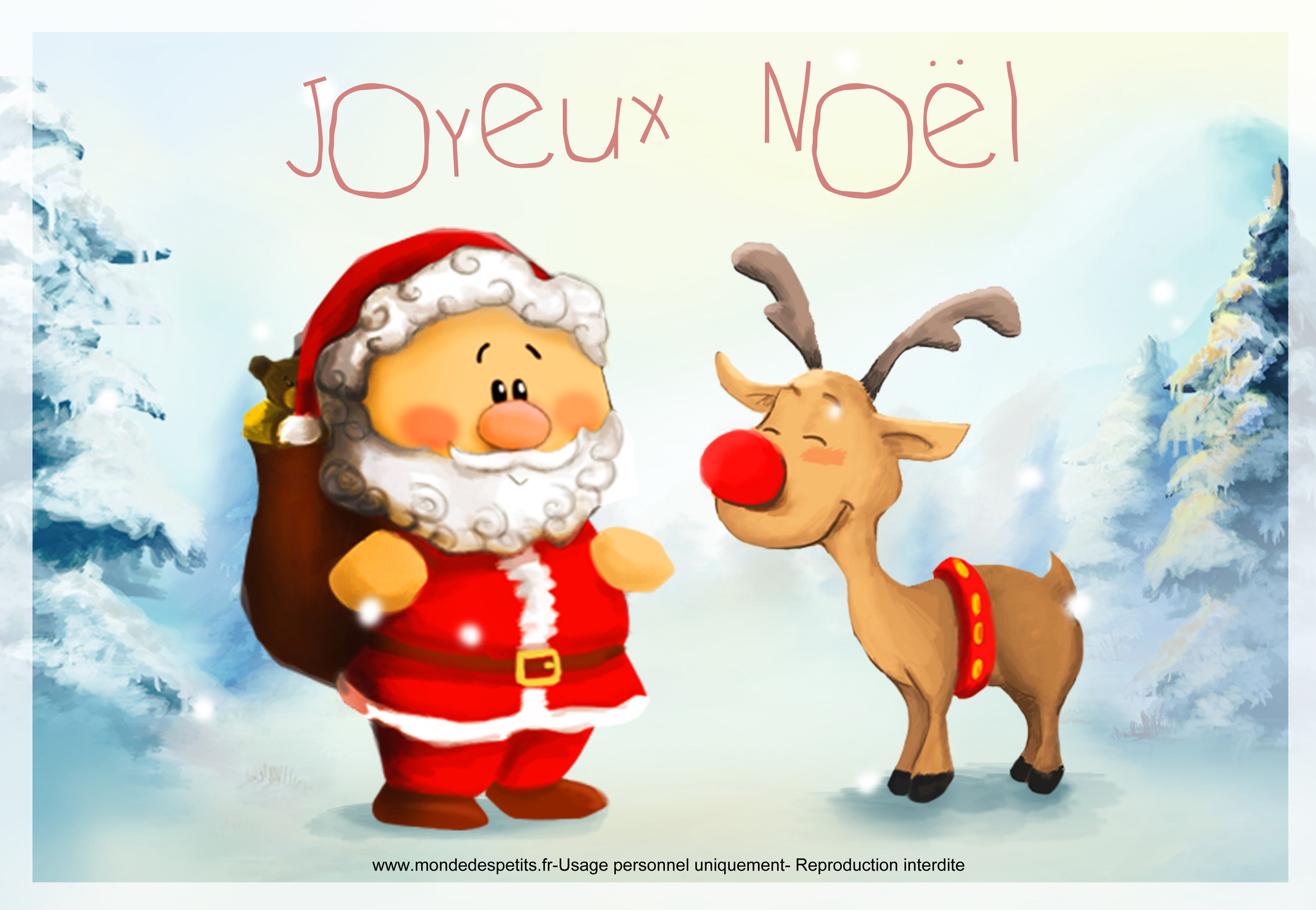Have you ever paused to truly think about the word "Noel"? It's a sound, a feeling, really, that seems to pop up everywhere during a particular time of year. We see it on pretty decorations, hear it sung in those lovely, familiar tunes, and just about everywhere else, too. This little word, it’s almost like a secret handshake for the festive season, yet its deeper story often goes untold. We use it, we hear it, and it just feels right, doesn't it? But what does it truly mean, and where does it come from?
For many, the word "Noel" simply brings to mind images of twinkling lights and happy gatherings. It seems to fit snuggly into all our Christmas vocabulary, a comfortable piece of the holiday puzzle. Every year, people gather together, perhaps in churches or around a cozy fire, and sing songs like “The First Noel,” and you know, it’s quite common for folks to wonder, "What exactly is a 'Noel' anyway?" It’s a natural sort of curiosity, given how much we encounter the term.
This word, so often linked with our most wonderful time of year, is a term deeply connected with Christmas and its long-standing traditions. It carries a sense of celebration and sharing good news, specifically, the story of a birth that has shaped so much of our world. Its roots run rather deep, stretching back through different languages and times, carrying with it layers of meaning that truly enrich our appreciation of the season.
Table of Contents
- What Does Noel Really Tell Us?
- How Does Noel Fit into Our Holiday Traditions?
- Where Does the Word Noel Come From?
- What is the Difference Between Noel and noel?
- Noel as a Given Name and a Family Name
- The Spirit of Noel - Beyond the Word
What Does Noel Really Tell Us?
When we hear the word "Noel," it usually brings to mind Christmas. That's the most common sense of it, you know, just a way of saying "Christmas." To put it simply, the word "Noel" means Christmas. Yet, there’s a little more to it than just that. It's more than a simple swap for "Christmas"; it carries a particular sort of joy and a special message. In French, for example, saying “joyeux noel” is how you wish someone a “merry Christmas,” and that connection shows us how deeply ingrained the word is in the very idea of the holiday.
The term, in its basic form, is a way to celebrate or share the good tidings of the birth of Christ. So, it makes sense, then, that "Noel" is a word we use in English for this very purpose. It’s almost like a shorthand for the joyous announcement of that special event. It's no wonder, really, that one of the most cherished Christmas carols, "The First Noel," uses this very word to spread its happy news. Every time we sing "Noel," we're truly celebrating something quite profound, a moment of rebirth and new beginnings.
It’s a word that, in some respects, seems to carry a certain weight, a kind of historical resonance that other holiday terms might not. It’s a simple word, but it holds a great deal of meaning for many people. It’s not just about the presents or the decorations, although those are certainly part of the fun. It’s about the underlying reason for the celebration, the deep-seated joy and hope that come with it. This is why, perhaps, it feels so good to say and hear.
How Does Noel Fit into Our Holiday Traditions?
You can find "Noel" just about everywhere during the most wonderful time of year, can’t you? Whether it's on Christmas decor, perhaps on a pretty ornament hanging from a tree, or sung in a jolly Christmas carol, "Noel" is a word used heavily throughout the season. It’s a term commonly synonymous with Christmas, as a matter of fact. From carols that fill the air with music to the greeting cards we send to loved ones, it fits snuggly into Christmas vocabulary, like a well-worn glove.
Every year, people sing songs like “The First Noel” at Christmas, and as we mentioned, many wonder what a “Noel” is. But beyond the carols, think about how it appears in other places. It’s on banners, little signs, and sometimes even on festive wrapping paper. It’s a simple, yet powerful, way to evoke the feeling of the holiday. It’s almost as if the word itself carries a little bit of that Christmas magic, you know?
Today, we use "Noel" in everything from songs that lift our spirits to greetings that warm our hearts. It’s a word that brings a little extra warmth to the season, a gentle reminder of what it all means. Each time we sing “Noel,” we’re really celebrating the very essence of the holiday. It's a way of connecting with a tradition that spans generations, a simple utterance that carries a lot of shared history and happy feelings.
Where Does the Word Noel Come From?
The word "Noel" has a rather interesting history, stretching back quite a bit through time. It's a term deeply connected with Christmas and Christian traditions, as we’ve explored. Its origins can be traced to the French word “noël,” which, in turn, is derived from the Latin word “natalis.” The basic meaning of “natalis” relates to birth, or more specifically, "of birth." So, you can see how that connection to the birth of Christ makes perfect sense, can’t you?
This linguistic journey, from Latin to French and then into our modern English, shows how words can carry their core meanings across different cultures and centuries. It’s not just a random sound; it’s a word with a proper lineage, a family tree of its own. This history gives the word a certain weight, a feeling of being ancient and enduring, which really adds to its charm during the holiday period.
Knowing where a word comes from can really deepen our appreciation for it, and "Noel" is no exception. It's a beautiful example of how language evolves and how certain concepts, like the idea of a special birth, remain important enough to be carried forward through different tongues. It's a little bit like uncovering a hidden gem, realizing the depth behind something we often take for granted, actually.
What is the Difference Between Noel and noel?
It might seem like a small detail, but whether "Noel" is capitalized or not actually changes its meaning a little. To put it simply, the word "Noel" (with a capital 'N') means Christmas. When you see it written this way, it’s referring to the holiday itself, the entire festive period. This is how we typically see it on greeting cards or when referring to the season in general, like "the spirit of Noel."
However, when "noel" is not capitalized, it means a Christmas carol. It’s referring to a song that celebrates the season, a musical piece that spreads the news of Christmas. So, for instance, when people sing “The First Noel,” they’re referring to the specific carol, not the entire holiday. This distinction is quite interesting, isn't it? It shows how a simple change in capitalization can shift the focus of a word.
This difference is a good example of how our language uses subtle cues to convey different ideas. It’s about being precise, in a way. So, if you’re ever wondering if someone is talking about the holiday or a song, just check that first letter. It’s a little linguistic trick that helps us keep things clear, basically.
Noel as a Given Name and a Family Name
Beyond its strong ties to Christmas, "Noel" also serves as a given name for people, which is pretty neat. It’s used as a male given name, and it’s equivalent to the English name "Noel." You might know someone with this name, perhaps. It’s a classic, in some respects, carrying a sense of tradition and warmth, just like the holiday itself. It’s not uncommon to find people named Noel, especially those born around the Christmas season, for obvious reasons.
Interestingly, “Noël” (with the umlaut over the ‘e’) can also be a female given name, though it’s quite rare. It’s more common to see it in the form "Noëlle" for females, which has a slightly different spelling but carries the same origin. This shows how a single word can branch out into different uses, adapting to various contexts. It's a little bit like a versatile tool, capable of many different jobs.
And then, there’s the surname aspect. "Noël" can also be a surname, originating as a family name. This means that some families have carried "Noel" as their last name for generations, tying them to this ancient word in a completely different way. So, whether it’s a first name or a last name, the word "Noel" has found its way into our personal identities, too, which is quite fascinating, really.
The Spirit of Noel - Beyond the Word
"Noel" is more than just a word you see on holiday cards or hear in carols—it’s a powerful reminder of rebirth, hope, and love. Whether you approach it from a religious standpoint or simply as a cultural celebration, the core feelings associated with "Noel" remain strong and clear. It’s about new beginnings, the promise of something wonderful, and the deep affection we share with those around us. It’s a pretty profound little word, when you think about it.
Every time we sing “Noel,” we’re really celebrating these timeless ideas. It's a chance to reflect on what truly matters, to embrace the warmth of human connection, and to look forward with optimism. It’s no wonder that one of the most beloved Christmas carols, as we've noted, focuses on this very word. It captures the essence of the season in a way that few other words can, actually.
So, the next time you encounter "Noel," whether in a song, on a decoration, or simply in conversation, take a moment to appreciate its rich meaning. It’s a word that carries history, joy, and a message of profound significance, a little reminder of the enduring spirit of the season. It really is a word that brings a little extra warmth to the season, a feeling of peace and goodwill.


